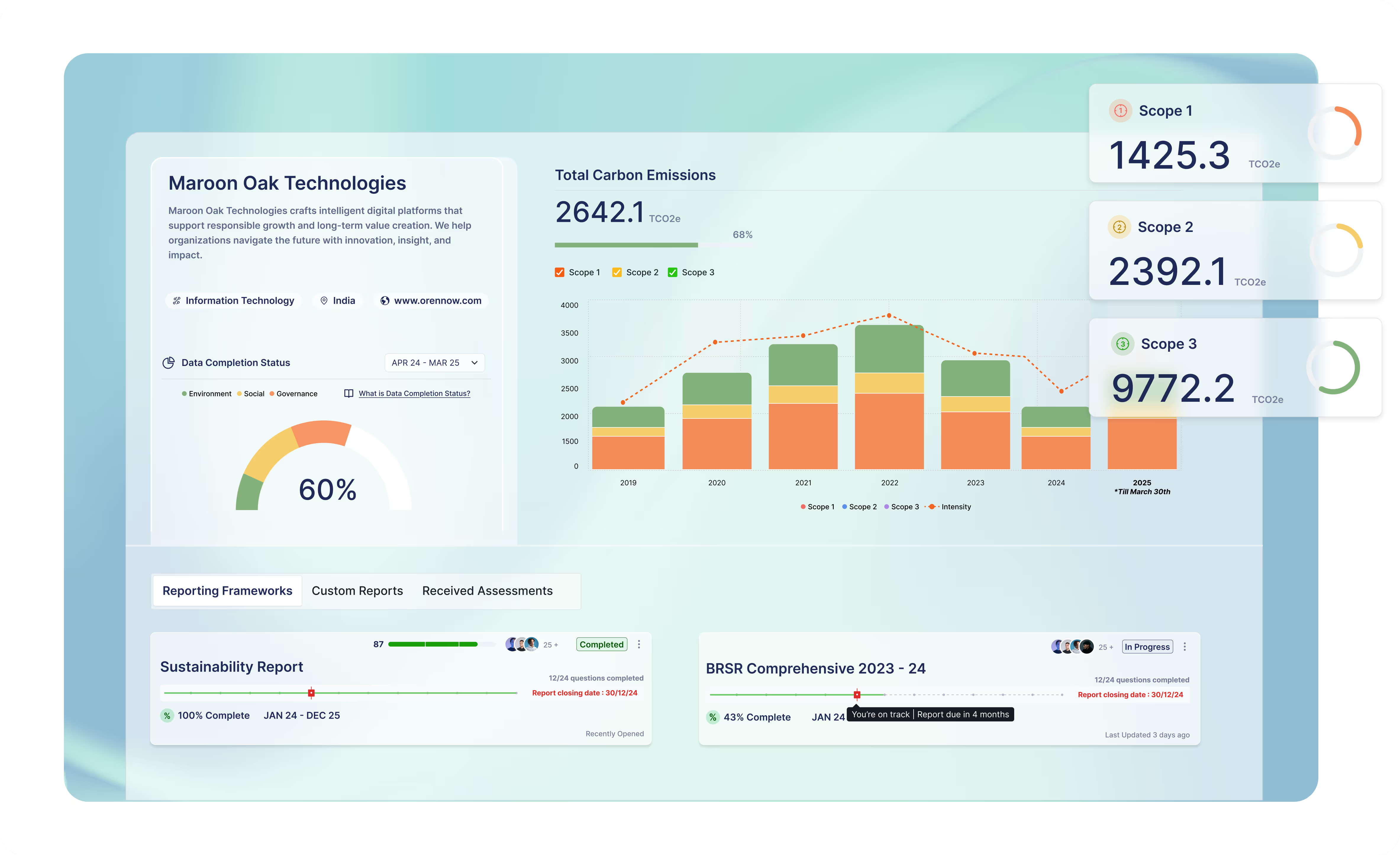Balancing Shareholder Value Creation and Sustainability: A Comprehensive Guide

In today’s business environment, the challenge of balancing shareholder value creation with sustainability is more pressing than ever. As organisations strive to enhance profitability while maintaining a commitment to environmental and social responsibilities, they must navigate a complex landscape of financial performance and sustainable practices. This guide delves into effective strategies for achieving this balance, integrating key concepts such as ESG (Environmental, Social, and Governance) principles, sustainability reporting, and corporate governance.
Understanding Shareholder Value Creation and Its Metrics
Shareholder value creation is a fundamental goal for any business. Shareholders evaluate their investments based on the returns they receive, which are often reflected in the company’s stock performance and financial statements. For example, if a shareholder invested $Y in 2015, they expect to see an increase in the value of their shares, denoted as $Y X(t), where X represents the growth in profit and t is the time elapsed since the investment.
Historically, the primary focus was on maximising short-term profits to meet quarterly targets. However, this approach has faced criticism for overlooking long-term sustainability and broader societal impacts.
The Shift Towards Sustainable Value Creation
In recent years, there has been a noticeable shift towards a more sustainable approach to value creation. As of 2019, intangible assets, such as corporate reputation, culture, and customer loyalty, accounted for a significant portion of the S&P 500’s value. Investors increasingly recognize the value of these intangible assets, which often outstrip physical assets in importance.
The early 2000s witnessed a focus on short-term gains, sometimes at the expense of sustainability. However, accounting scandals and stock market declines prompted a reevaluation of this approach. Legislative changes, such as the Sarbanes-Oxley Act (SOX) of 2002, introduced stricter internal controls and accountability measures, reshaping the landscape of corporate governance and emphasising long-term value creation.

Integrating ESG Principles into Corporate Strategy
The adoption of ESG principles has become crucial for modern businesses. ESG encompasses environmental sustainability, social responsibility, and effective governance. Companies are increasingly utilising ESG reporting standards, such as the Global Reporting Initiative (GRI) guidelines, to assess and communicate their sustainability performance.
What is ESG? ESG represents a framework for evaluating a company’s commitment to sustainability. This includes reducing carbon footprints, managing hazardous waste, and addressing social issues like labour practices and community impact.
ESG Reporting Standards: Companies often rely on ESG rating agencies and frameworks, such as GRESB (Global ESG Benchmark for Real Assets) and the Sustainability Accounting Standards Board (SASB) standards, to gauge and report their ESG performance.
Measuring the Impact of Sustainability on Financial Performance
Recent surveys highlight a growing consensus among C-suite executives and investment professionals regarding the benefits of ESG programs. According to a McKinsey Global Survey, 83% of leaders believe that ESG initiatives will enhance shareholder value in the long run. Companies with high ESG ratings have demonstrated superior financial performance, including improved operating margins and higher total returns to shareholders.
Carbon Neutral vs. Net Zero: It’s important to differentiate between these terms. Carbon neutral means offsetting the carbon emissions produced by a company through various measures, while net zero involves reducing emissions to the point where they are no longer released into the atmosphere.
Sustainability Reporting in India: As businesses in India increasingly adopt ESG practices, sustainability reporting is becoming more prevalent. The Business Responsibility and Sustainability Report (BRSR) is a key framework in India, guiding companies on how to disclose their sustainability performance.

Strategies for Achieving a Balanced Approach
- Enhance ESG Reporting: Implement robust ESG reporting mechanisms to track and communicate sustainability performance. Utilise frameworks like GRI standards and CDP (Carbon Disclosure Project) reporting to ensure transparency and accountability.
- Integrate Sustainability into Business Strategy: Align corporate strategies with long-term sustainability goals. This includes investing in climate technologies, adopting carbon offset measures, and improving environmental accounting practices.
- Engage Stakeholders: Foster engagement with stakeholders, including shareholders, employees, and communities, to ensure that sustainability initiatives are well-understood and supported.
- Leverage ESG Analytics: Utilise ESG analytics and tools to measure performance and identify areas for improvement. Platforms like Ecovadis and various ESG software solutions can provide valuable insights into sustainability efforts.
Case Study: Salesforce’s Commitment to Sustainability
Salesforce exemplifies how integrating sustainability into corporate practices can drive value creation. By holding every employee accountable for sustainability goals and leveraging the entire workforce, Salesforce advances climate action and embeds sustainability into its operations. This approach not only enhances the company’s environmental impact but also contributes to its overall value creation.
Conclusion
Balancing shareholder value creation with sustainability is a dynamic and ongoing process. By adopting comprehensive ESG principles and integrating sustainability into core business strategies, companies can achieve long-term success while addressing environmental and social responsibilities. The evolution of corporate governance and sustainability reporting standards continues to shape this balance, offering new opportunities for businesses to thrive in a sustainable future.
Latest Blog Posts
Dive into our blog for insights on making your organization more sustainable.
Sustainability Simplified
Wherever you are in your sustainability journey, we help you advance with confidence.
Schedule a Call



.avif)

